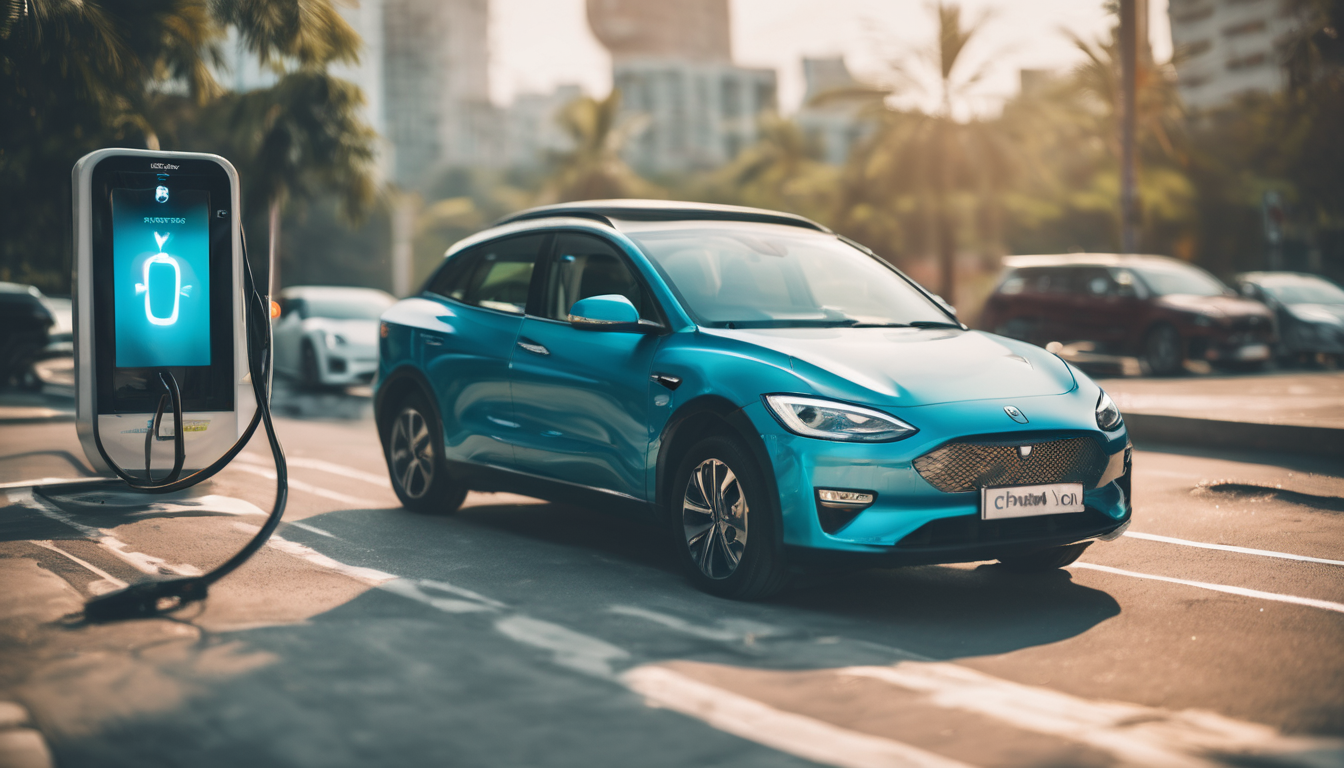The automotive industry has seen a significant shift in recent years. With mounting concerns over climate change and sustainability, electric vehicles (EVs) have emerged as a potential solution to reduce carbon emissions and foster greener and more sustainable transportation. This article will explore the technological advancements, market trends, and sustainability efforts shaping the future of electric vehicles. The global EV market is expected to grow exponentially in the coming years. According to a report by Bloomberg New Energy Finance, EVs will constitute about 10% of all global passenger vehicle sales by 2025, with that figure rising to 58% by 2040. This growth is driven by several factors, including government incentives, falling battery costs, and increased consumer awareness about the environmental impacts of gasoline-powered vehicles.Technological advancements are also playing a crucial role in the electric vehicles future. For instance, improvements in battery technology are making EVs more efficient and affordable. Lithium-ion batteries, which are currently the most common type of EV battery, have seen significant reductions in cost over the past decade. Further advancements in solid-state batteries promise even greater energy density and safety. Additionally, the rise of autonomous driving technology is expected to be a game-changer for the EV industry. Combining electric power with self-driving capabilities can provide numerous benefits, such as increased energy efficiency, reduced traffic congestion, and improved road safety. On the sustainability front, EVs offer significant advantages over conventional vehicles. They produce zero tailpipe emissions, reducing their impact on air quality. Moreover, as the electricity grid becomes more reliant on renewable sources of energy, the carbon footprint of charging EVs will continue to decrease.However, it’s not all smooth sailing for the EV industry. Challenges such as charging infrastructure and range anxiety still need to be addressed. Moreover, the environmental impact of mining the materials needed for EV batteries is a concern that needs to be mitigated.In conclusion, while there are challenges to overcome, the future of electric vehicles looks promising. With continued technological advancements, government support, and consumer awareness, EVs are poised to revolutionize the automotive industry and play a pivotal role in the transition towards a more sustainable future.






